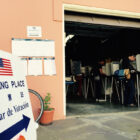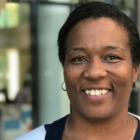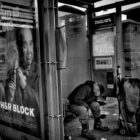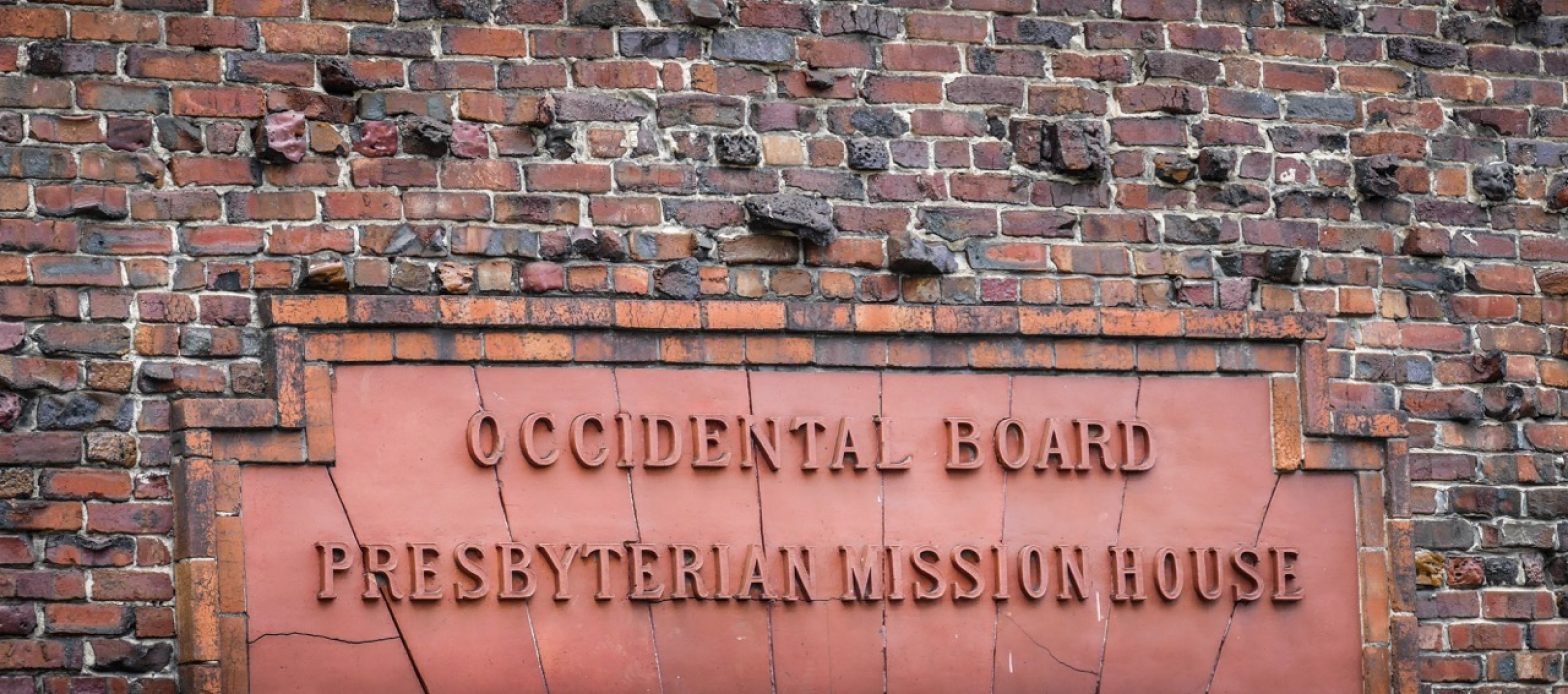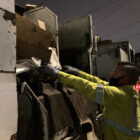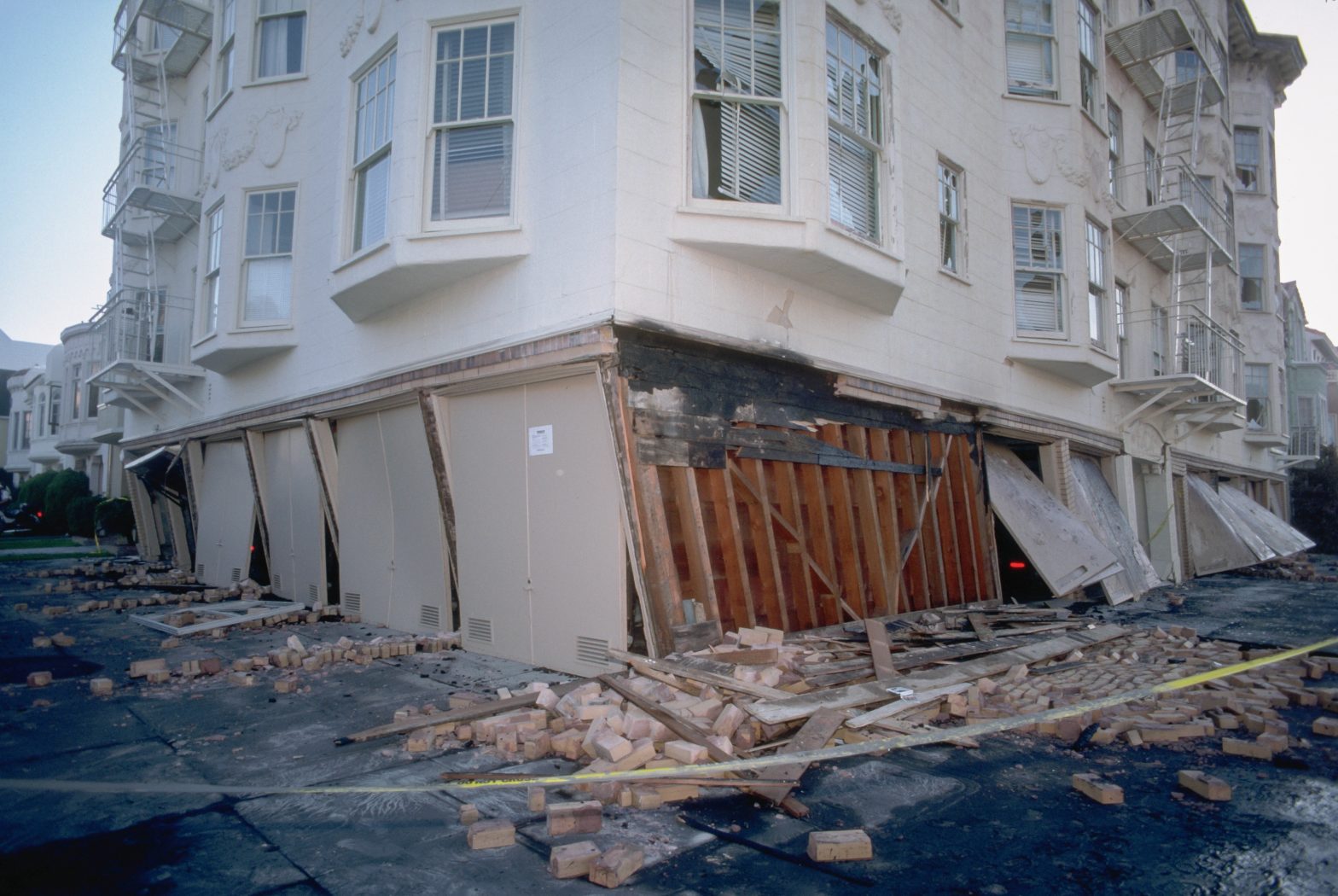01.31.2022
|
By Laura Wenus, Reporter & Host for "Civic"
This is a transcript of an interview with “Civic” host Laura Wenus and school board member Gabriela López, part of our February 2022 nonpartisan election guide.Though “Civic” will broadcast only nine minutes of each commissioner’s interview to give each equal airtime on our program, we are making transcripts of the full conversations available. These transcripts have been edited for clarity.
Gabriela López was elected as a member of San Francisco’s Board of Education in November 2018. She is an elementary school teacher for bilingual fourth- and fifth-grade students and an adjunct instructor for students seeking their master’s degrees in education or their teacher credentials.
Laura Wenus
So, a lot of the issues that we are seeing today, I think are worth talking about, because they’re likely to persist. For example, we are in a massive spike of COVID cases right now. I think we’re still seeing a seven-day average of case rates of more than 1,000 cases a day, which is record-breaking.
